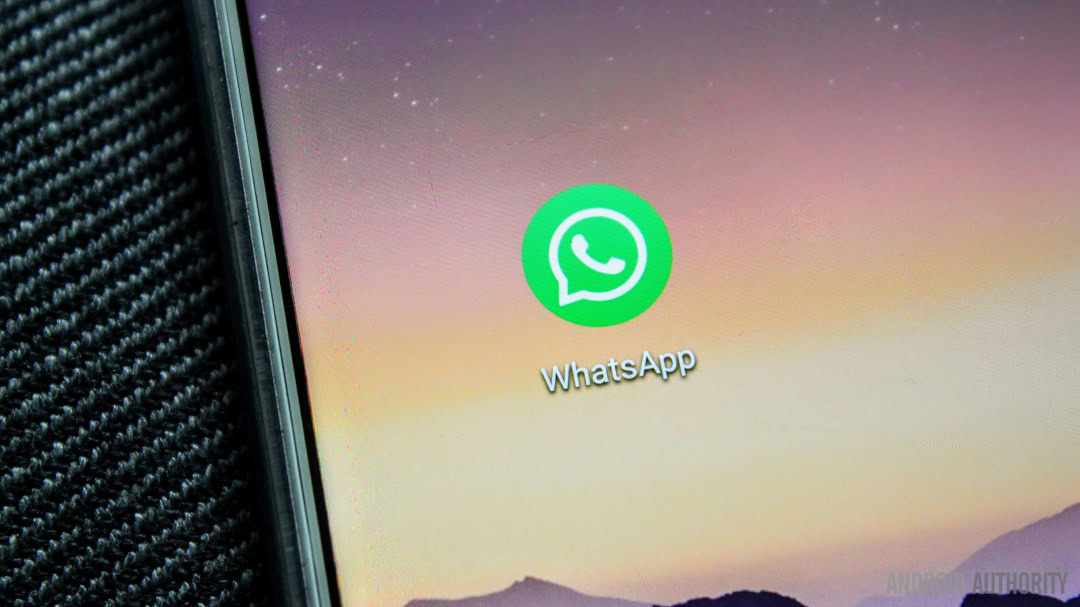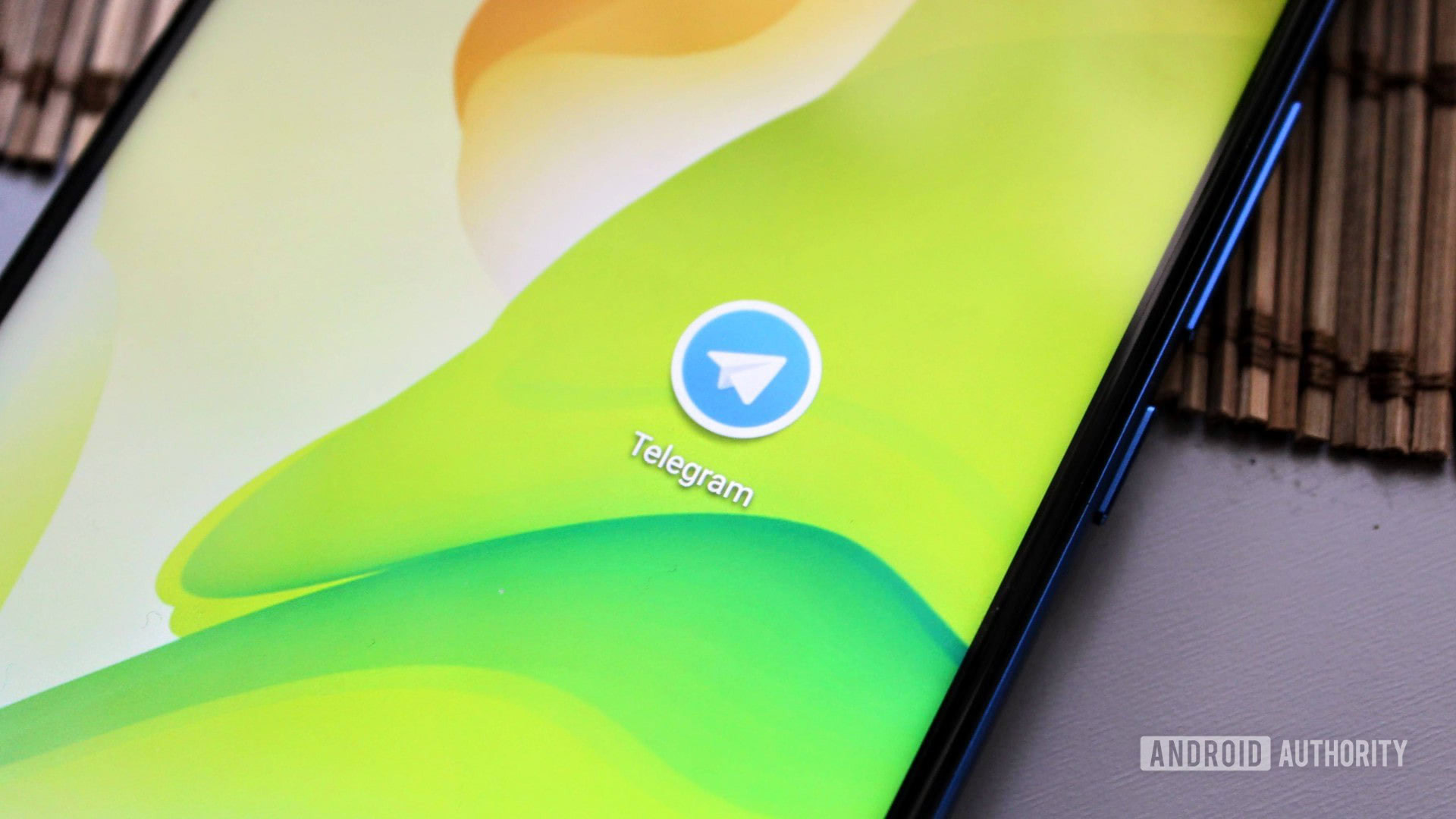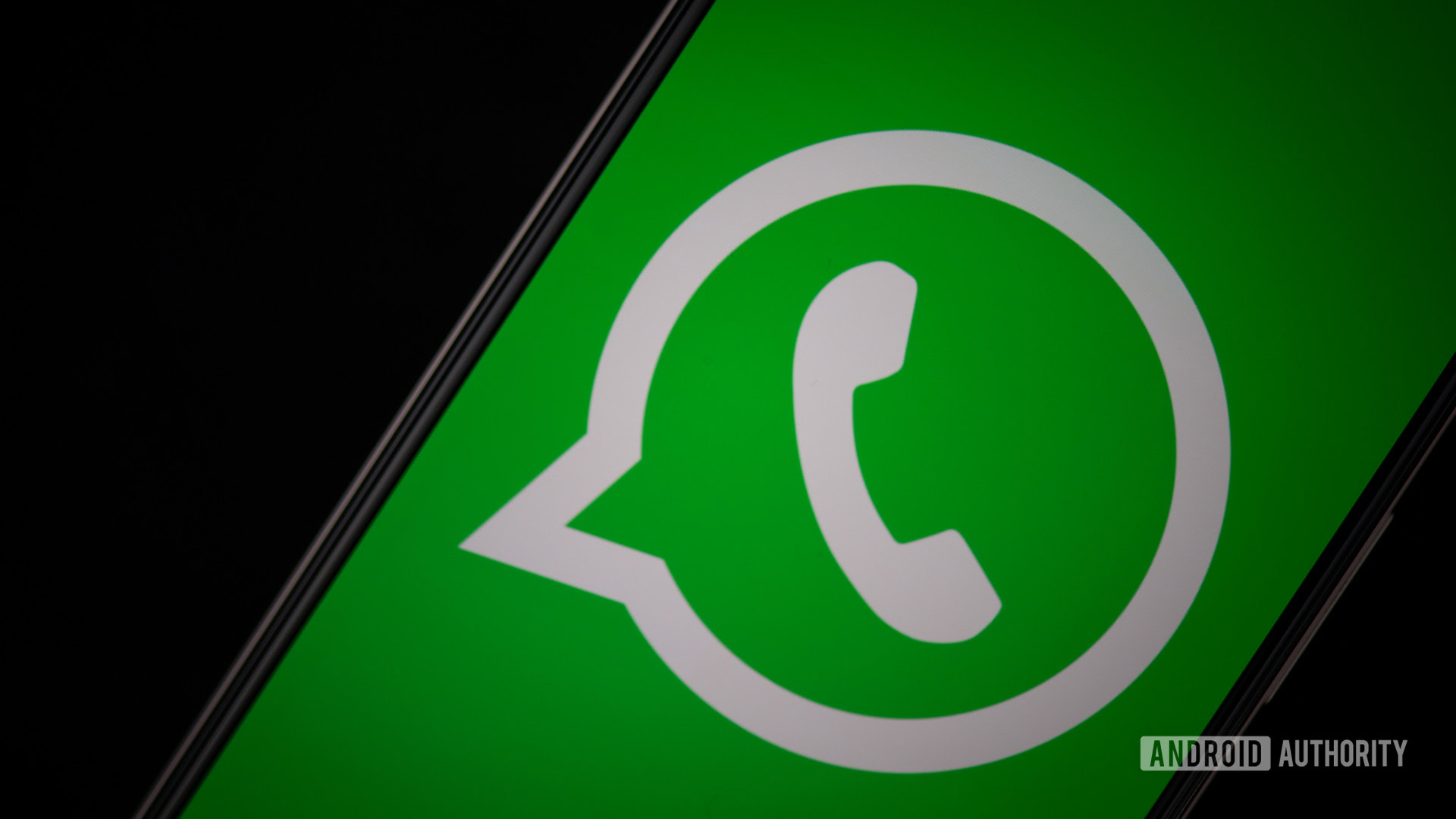Affiliate links on Android Authority may earn us a commission. Learn more.
WhatsApp will always have security issues, according to the founder of rival Telegram

Last week, it was reported that hackers had managed to install spyware on a large number of smartphones thanks to a previously unrevealed vulnerability in WhatsApp (it has since released an update to patch the issue). Now, the founder of a rival messaging service, Telegram, claims that WhatsApp users should never expect it to be secure.
In a post on the Telegraph blogging site, Telegram founder Pavel Durov claimed that WhatsApp’s security issues stem in part from the decision by its parent company Facebook not to release the source code to the app. Durov claims that WhatsApp goes even further and tries to blur the app’s binaries. This means software security researchers cannot take a detailed look at them to discover privacy issues.
In addition, Durov speculates that Facebook and WhatsApp may allow government agencies to access backdoors to those apps to combat cyber criminals. However, he adds those backdoors could be used by the very groups that they were put in place to fight against.
Even when WhatsApp added support for end-to-end encryption to all of the app’s communications in 2016, Durov stated those messages lose their encrypted status when they are backed up. He added:
Looking back, there hasn’t been a single day in WhatsApp’s 10 year journey when this service was secure.
He believes that simply updating the app won’t make it safer to use.
Is Telegram more secure than WhatsApp?


By contrast, Durov says that Telegram is safer to use because it is open source software. He also claims that the company has not disclosed any data to third-party organizations, and it has not had any major security flaw or leak since it launched. In 2018, Russia officially banned Telegram because its encrypted messages could not be read by the government (although users could still access it via a VPN). Later, Iran banned the use of Telegram for the same reasons. Durov explains that new features that are added to Telegram are later copied and put into WhatsApp “down to the tiniest details.”
Read next: RCS vs WhatsApp: Thoughts from a long-time WhatsApp user
Even with these developments, Durov admits WhatsApp and Facebook have a huge marketing machine to promote their apps. Telegram has no such marketing department, and Durov says it relies on word-of-mouth recommendations to help spread the word about the app.